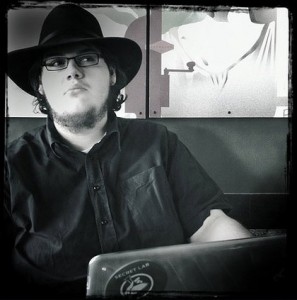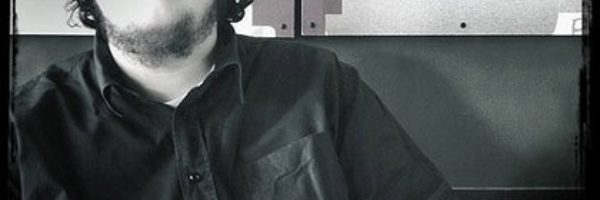 Tasmania is shaping up to be the start-up capital of Australia. As a microcosm of the mainland, Tasmania is an ideal test market for start-up businesses. It also has attractions such as lower-cost housing and a generally lower cost of living compared to the mainland, important benefits for cash-strapped entrepreneurs. Plus, as any Taswegian will argue, the lifestyle is unbeatable.
Tasmania is shaping up to be the start-up capital of Australia. As a microcosm of the mainland, Tasmania is an ideal test market for start-up businesses. It also has attractions such as lower-cost housing and a generally lower cost of living compared to the mainland, important benefits for cash-strapped entrepreneurs. Plus, as any Taswegian will argue, the lifestyle is unbeatable.
Ideas and grants
The Tasmanian state government has an enviable grants program to support early stage businesses, for example the Enterprise Growth Program, which funds the cost of business advice, the Tasmanian Innovations Program, which helps businesses commercialise inventions and an export markets assistance scheme.
There are also business incubators such as Technopark and In-tellinc to help nurture fledgling enterprises.
Doctor to entrepreneur
One Tasmanian entrepreneur is Byron Teu, the founder of Sentralize.com. The business sets up websites around a particular theme. These sites scour the web for content related to the theme and aggregate online information about the topic. For example the business created willitend.com, a site that collates information including articles, social media posts and videos pertaining to all the major wars being fought at the moment, organising information on a country-by-country basis.
Intriguingly, Teu was training to become a general practitioner before he decided to take a break from medicine to focus his attention on his business.
“I started developing the business in medical school…but it wasn’t until January this year that I decided to focus full-time on Sentralize.com,” he says.
Going out to the world
Paris Buttfield-Addison is another successful Tasmanian entrepreneur. He is a co-founder of Secret Lab, which develops online games and applications sold around the world.
The University of Tasmania PhD candidate says: “we were inspired to develop the business with the arrival of the iTunes app store; one of our games, a puzzle game called Culture, was among the the first in the world to be listed on iTunes. It was successful enough for Secret Lab to continue to develop online games.”
The business continues to develop games and applications for iPhones and iPads and with clients overseas and all around Australia, Buttfield-Addison says he has no plans to leave Tasmania. “We want to keep growing in Australia and increase our presence on the mainland.” He says when working with overseas clients, being from Tasmania gives the business an advantage.
“They see Australians as a novelty and Tasmania and Tasmanians as even more of a novelty.”
Tassie veteran
A veteran Tasmanian entrepreneur is Greg Koennecke, CEO of Vision Instruments, which is developing a portable retina eye camera that will be used to screen for eye disease in the developing world.
Koennecke’s story is a little different to that of Teu’s and Buttfield-Addison’s in that he has been in the process of developing a commercial-ready camera for the past 10 years and expects to have the first production cameras ready within the next two months.
His initial focus is developing the product for use in the Australian indigenous community, but he also eventually wants to export to other markets including India and the US.
Koennecke has been able to secure a number of different grants over the life of the business, including a $50,000 Commercialising Emerging Technologies grant, a $180,000 commercialisation-ready grant and $230,000 in support from the University of Melbourne’s Centre for Eye Research Australia (CERA). He’s also just received a $104,000 Commercialisation Australia grant to finish the product, but says that despite the much appreciated funding from AusIndustry and CERA, lack of funding has held up the project.
Another issue is the requirement of many grants programs to match the grant dollar-for-dollar, a hard ask when, like Koennecke, most of your personal funds have already been spent developing the product. He estimates he has contributed $600,000, including sacrificing his salary, to product development so far.
Koennecke’s advice to other entrepreneurs is to “expect everything to take three times as long as you think it will. You also need to multiply your most conservative cost estimate by three. And don’t expect your first prototype to be perfect – the idea is to just get something out there.”
Staying put
Like Teu and Buttfield-Addison, Koennecke says he’s committed to staying in Tasmania.
“You can do anything here and you’re only an overnight delivery away from Sydney and Melbourne. There really is no reason not to do research and development in Tasmania. It’s a great lifestyle with just enough technical expertise and services to support small technology development start-ups.”
Original article: http://www.smh.com.au/small-business/startup/startups-blossom-in-tassie-20101117-17x8g.html
